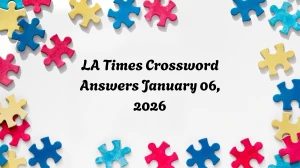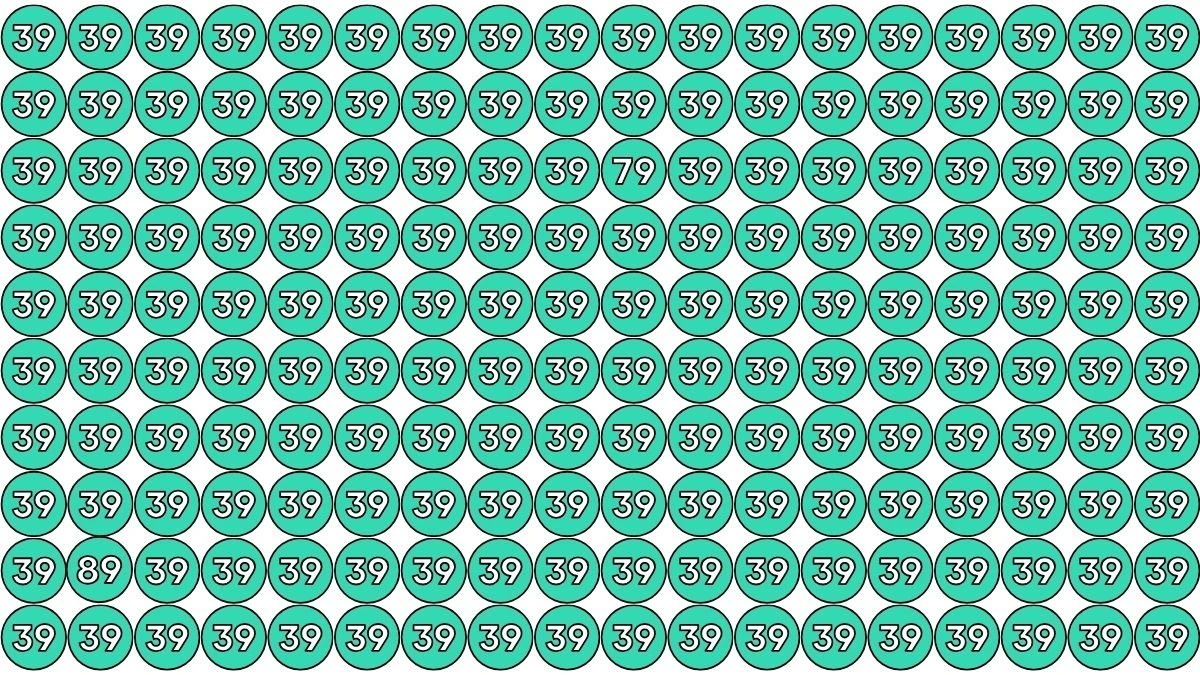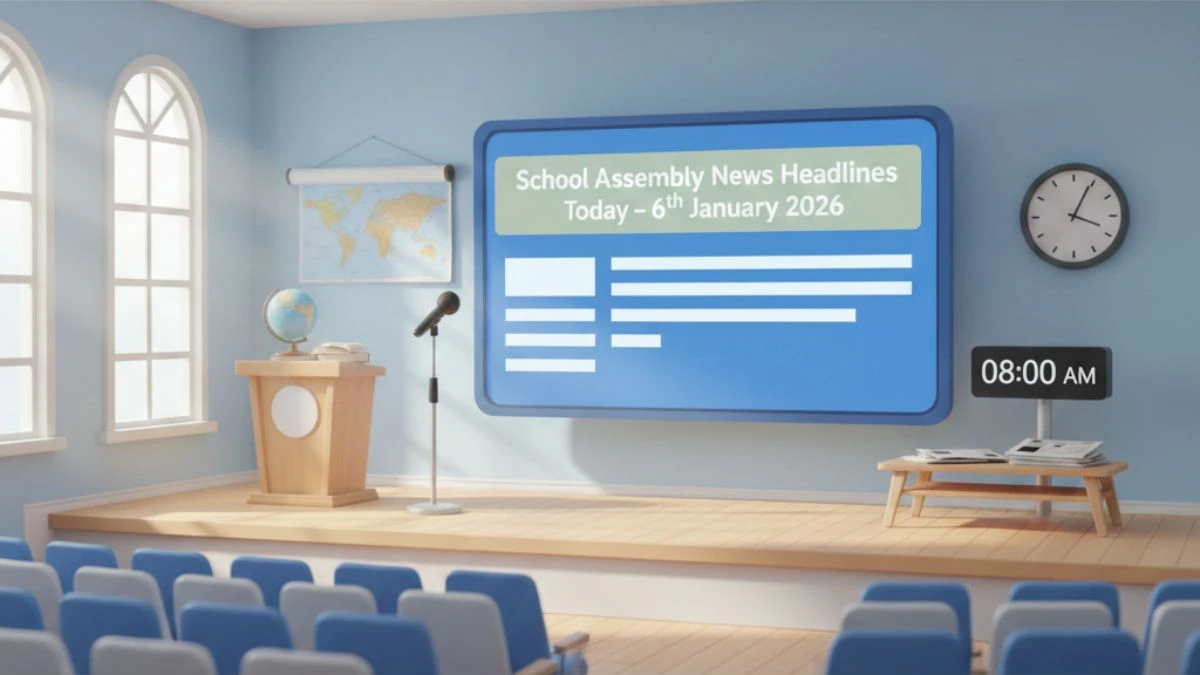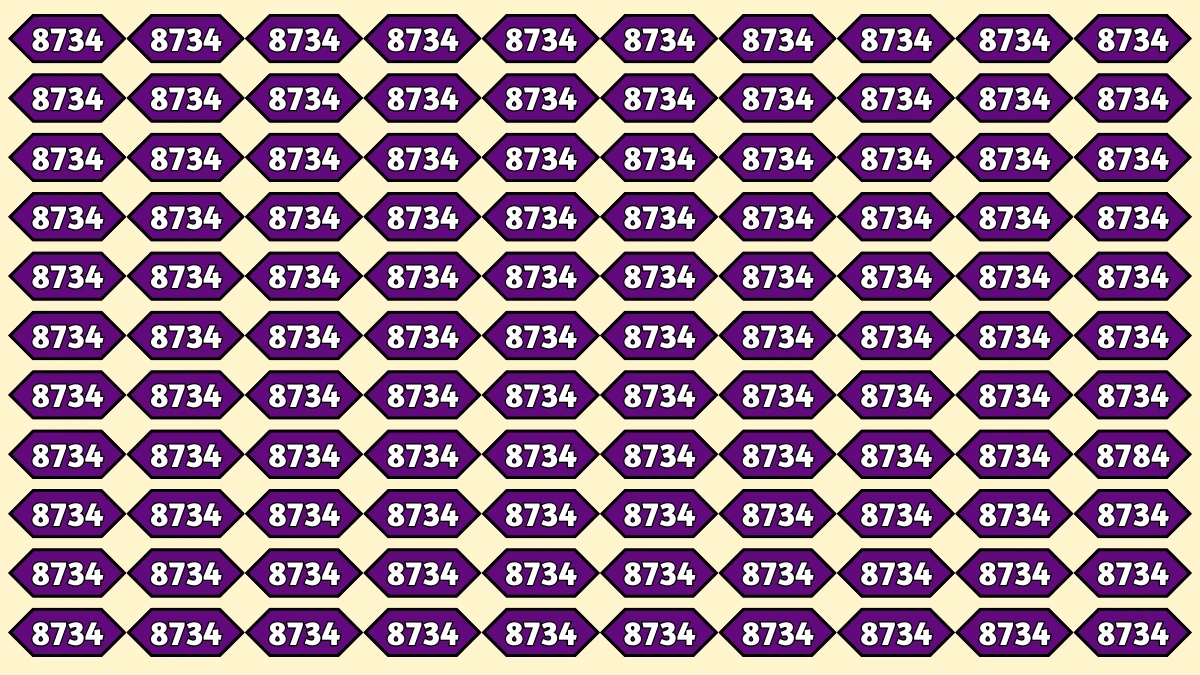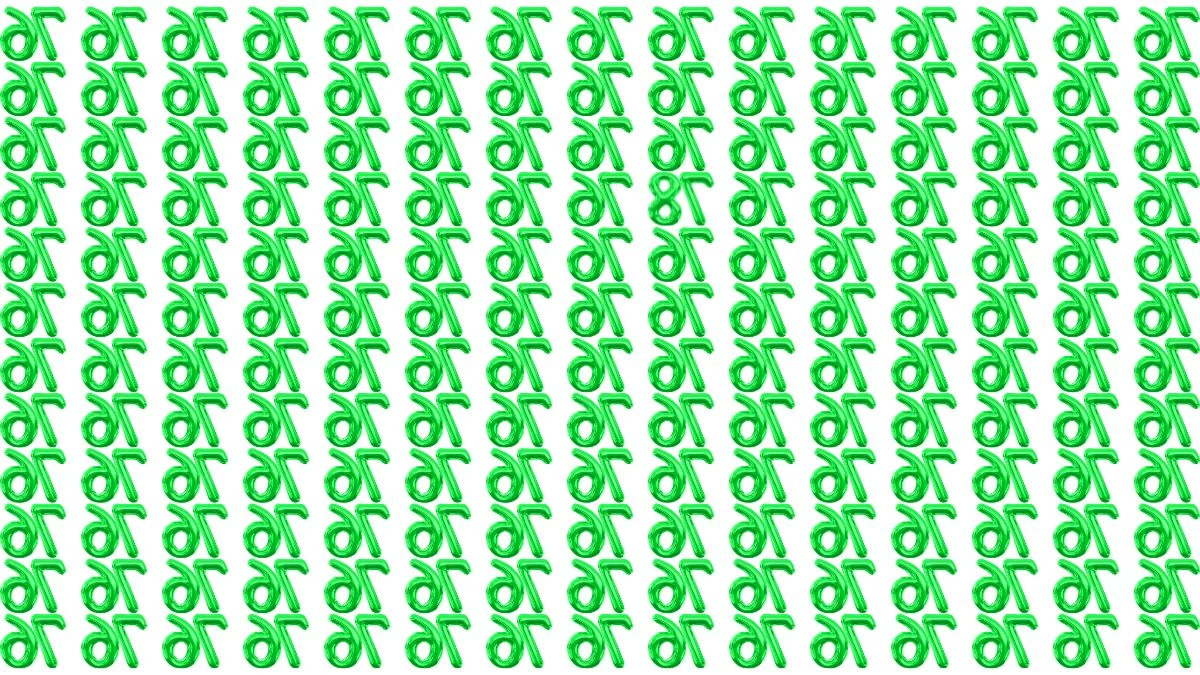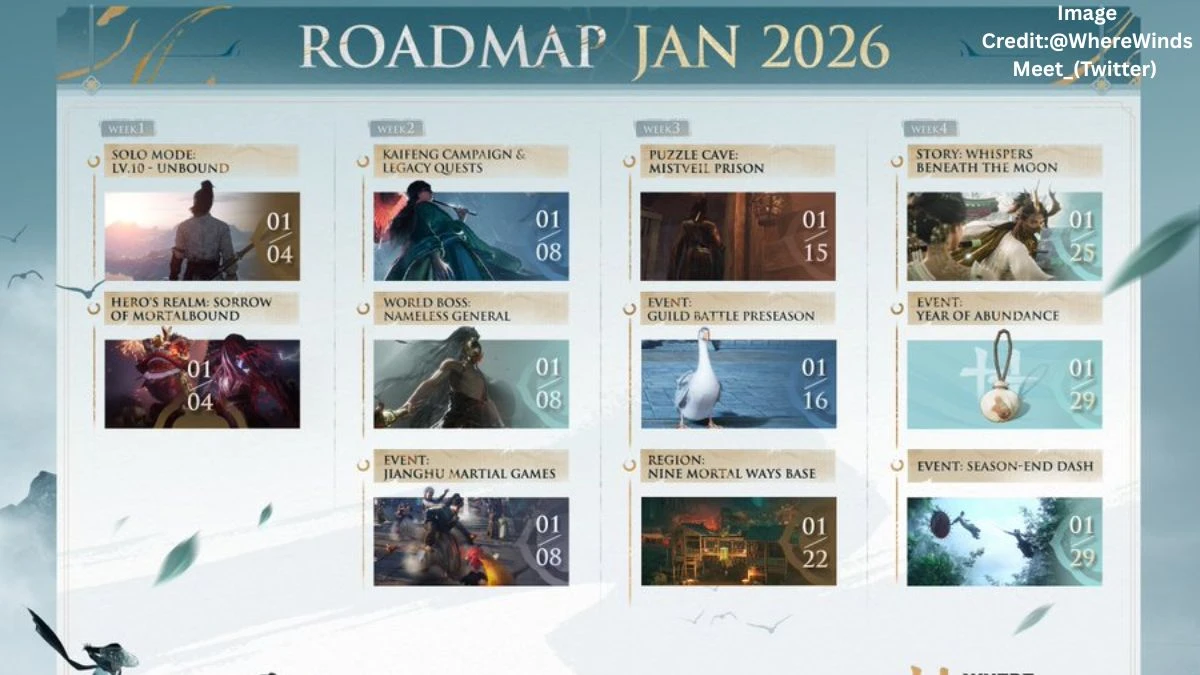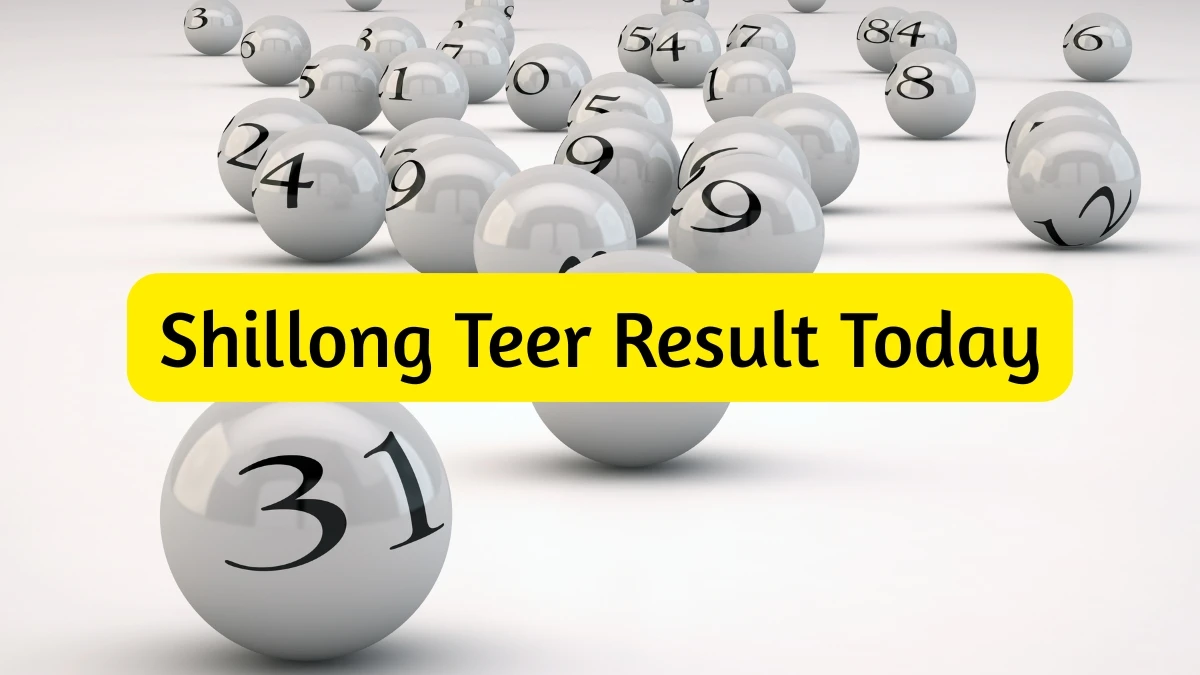Cabinet approves Salary Revision For Govt Employees From 2026
The central government has given the green light for the 8th Pay Commission. This decision sets a new salary revision for all central government employees starting from 2026.
The Cabinet, led by Prime Minister Narendra Modi, approved the Terms of Reference for the commission. That means the process officially begins to review and adjust pay and benefits across departments. Around 50 lakh active staff and 69 lakh retired employees will feel the impact.
The 8th Pay Commission was announced in January 2025. Former Supreme Court justice Ranjana Prakash Desai will chair the commission. Professor Pulak Ghosh from IIM Bangalore is a part-time member and Petroleum Secretary Pankaj Jain is the Member Secretary. The team has 18 months to finish their main report but can share updates before that if needed.
When asked about the payment start date, the government said salary changes would begin likely from January 1, 2026. If they finish the interim report earlier, some recommendations might roll out sooner. But right now, January 2026 is the expected date.
What will the commission actually look at? They have to consider the country's economy, budget limits, and the cost of pensions. They also need to think about how any raises will affect state government budgets, since states usually follow similar pay hikes. Private sector and PSU salary structures will be reviewed for fairness.
A big part of the terms of reference covers how pensions work for older government workers. The central government is reviewing how it pays out non-contributory pensions, especially for those hired before 2004. It’s not clear what the final pension bill will be, and the budget isn’t set yet for any increases.
The terms of reference were put together by a joint committee that includes union members and senior officials. The final draft goes to the Cabinet for approval. These rules guide what the Pay Commission studies before sending its advice.
Pay Commissions come up every ten years. The last, the 7th Pay Commission, started in 2014 with changes that kicked in January 2016. There’s a set routine for adjusting pay every decade. Now, with the 8th Pay Commission officially in motion, another cycle of revisions gets underway.
Central government employees also get dearness allowance to help offset rising prices. This amount is changed every six months depending on inflation levels. It’s a separate adjustment from the Pay Commission’s workload, but it works together to keep pay more in line with the real cost of living.
So, the 8th Pay Commission is official. Salaries are lined up for a change. Employees can expect new rates from January 2026. The full details will come after the commission finishes its review by the deadline, unless the government announces a few updates earlier. This is a major step for central government pay and pension planning.
Disclaimer:
The information provided is based on the latest government announcement regarding the 8th Pay Commission and its intended review of salaries and pensions for central government employees. While the salary changes are expected to take effect from January 2026, some recommendations may be implemented earlier. The commission's findings and recommendations are subject to review and approval, and the final outcomes will be determined based on its 18-month review process.










